The Nézőpont Institute has conducted a survey to gauge Hungarians' opinions on Ukraine's sanctions affecting crude oil transport to Hungary and Slovakia. The survey emphasizes that the Ukraine-Russia war seems to be escalating in August. Ukraine, which was attacked by the Russians two and a half years ago, has launched an offensive against Russian territories this summer. As part of this escalation, Kyiv has announced
a partial stoppage of Russian crude oil supplies transiting through its territory to Hungary and Slovakia.
Although this measure does not threaten the gasoline supplies of the two EU member states, it is a considerable surprise given the assistance these countries have provided to Ukraine.
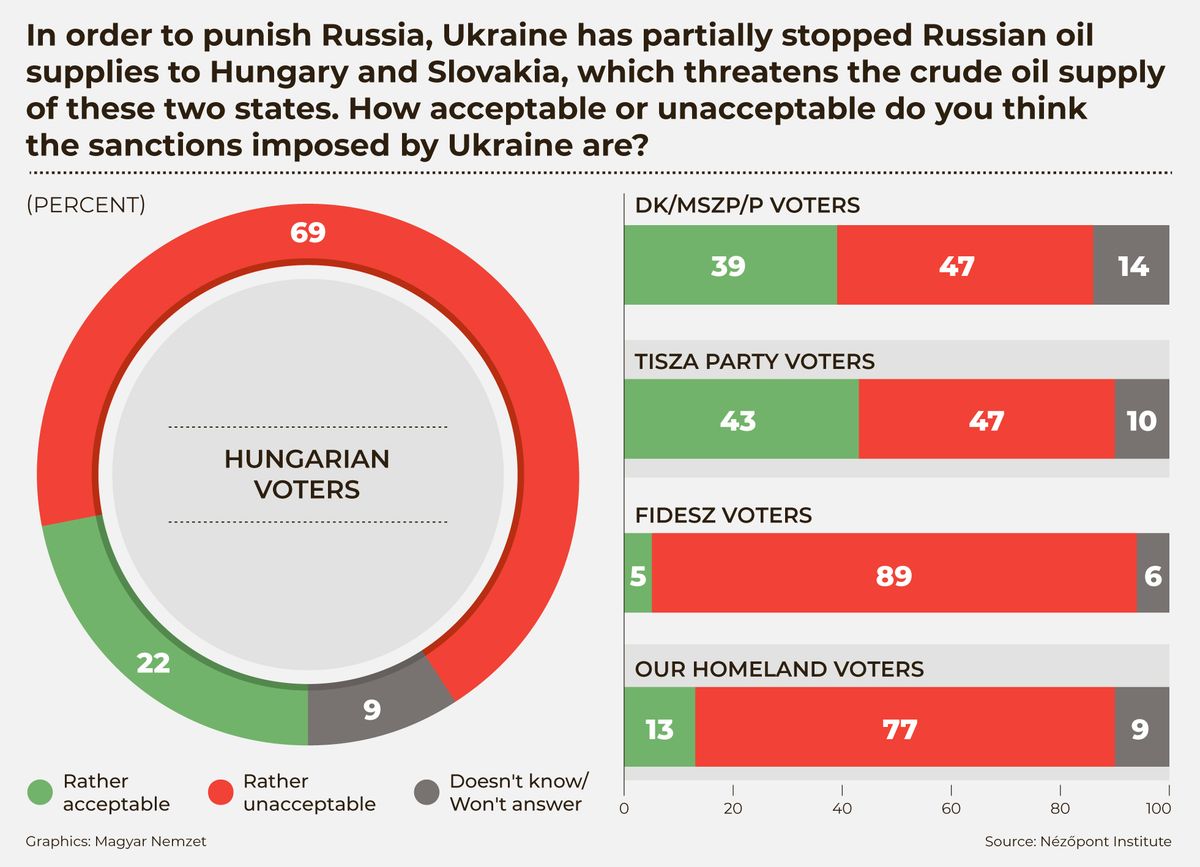
According to Nézőpont's latest survey,
69% of Hungarians find the sanctions unacceptable, while 22% find them acceptable. Even among supporters of DK and Tisza, a relative majority of 47% share the same negative view of the sanctions.
Truthfully, both camps are divided, with 39% and 43%, respectively, finding the Ukrainian sanctions acceptable. This indicates a mixed attitude toward the sovereignty issue within the left and its voter base.
Furthermore, Ukraine's decision to impose oil sanctions unilaterally violates a bilateral international treaty, yet the Brussels elite, known for its sensitivity to rule-of-law issues, remains notably unfazed. As reported, the European Commission decided last week that, since the Ukrainian sanctions do not impact the energy security of Hungary and Slovakia, it does not plan to mediate between the parties. Consequently, the recently re-elected European Commission, supported by MEPs from the Hungarian opposition DK and Tisza parties, is not only failing to uphold its own treaty obligations but also not meeting the expectations of the Hungarian people.
When asked whether the European Union should take action to resolve the oil dispute, 77% of Hungarians said yes, while only 16% said no. Notably, 68% of Tisza voters and 58% of DK voters also supported EU intervention.

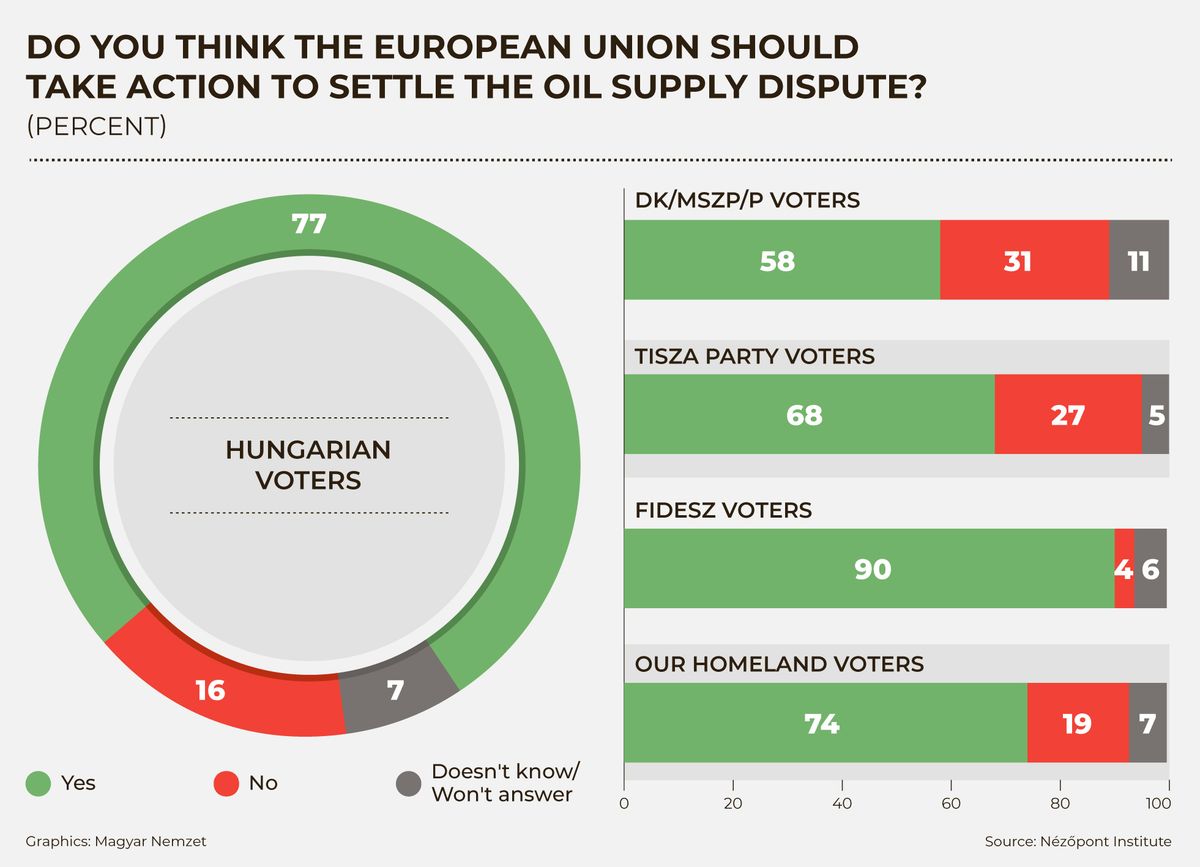

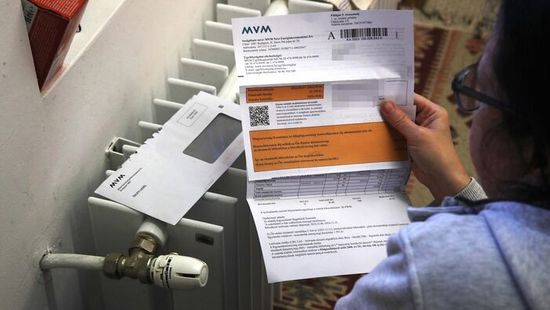






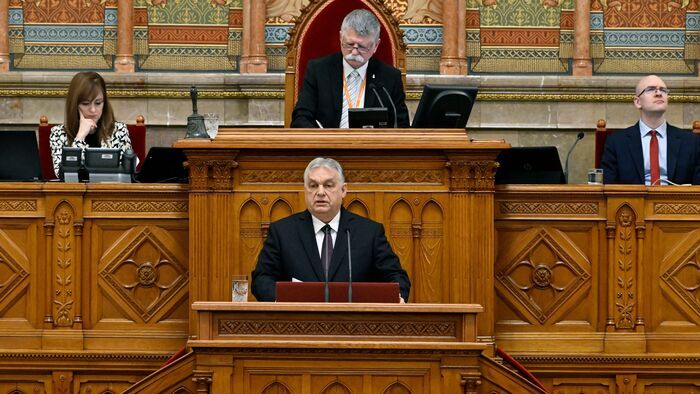






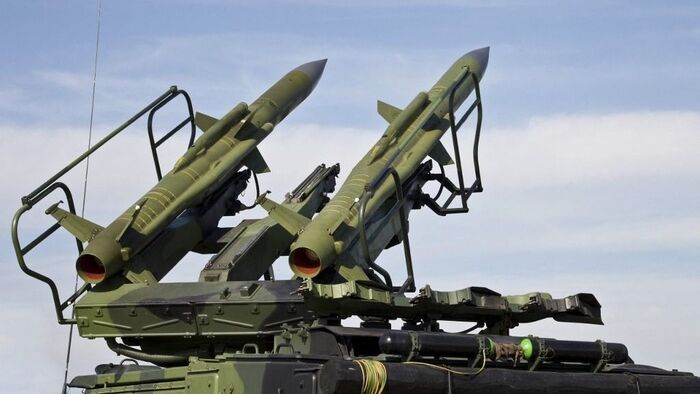






Szóljon hozzá!
Jelenleg csak a hozzászólások egy kis részét látja. Hozzászóláshoz és a további kommentek megtekintéséhez lépjen be, vagy regisztráljon!